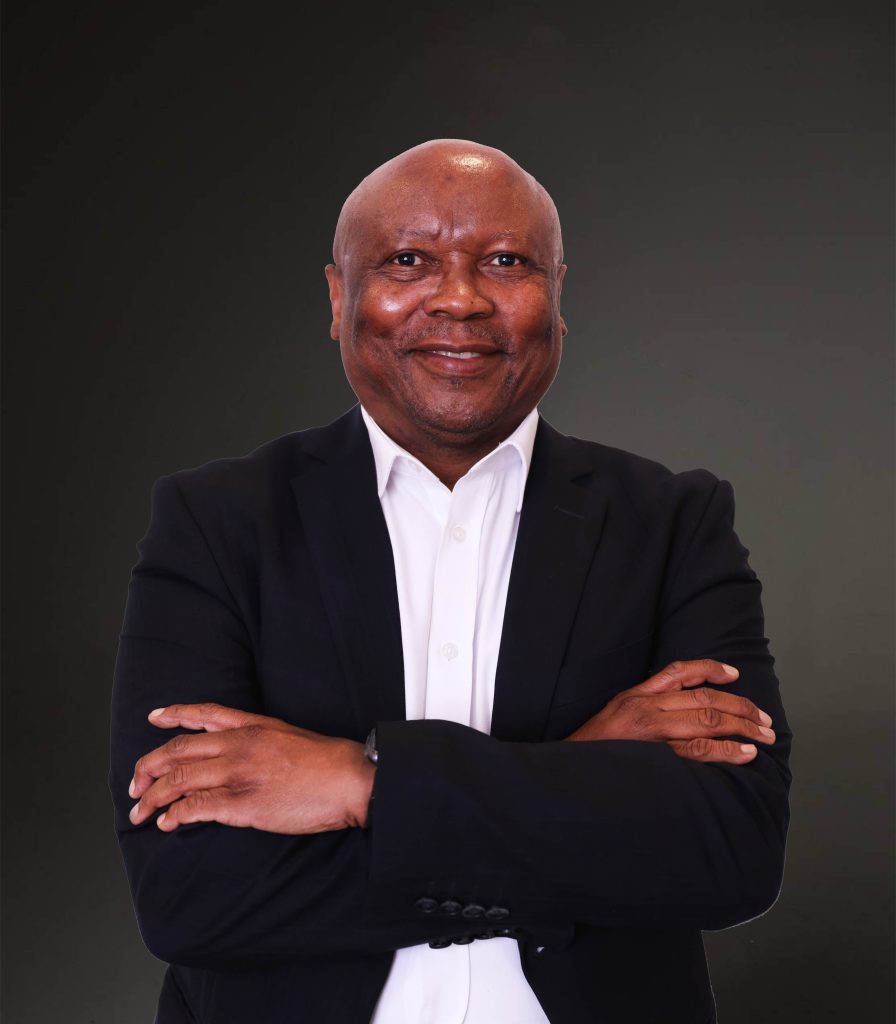Masennya Dikotla is reading a book by New York Times best-selling author John Maxwell titled: “Talent Is Never Enough”. This book, he notes, outlines 13 factors that can help a person maximise their talents because talent alone won’t get you anywhere. “Talent without perseverance is meaningless. Talent without passion is a waste. And talent without focus and dedicated practice won’t amount to much,” he says. These themes align closely to the work he does today as a Director at Education is our Future because it requires a lot of effort to get books into the hands of those who need them most and, more importantly, because building a reading culture is hard work. They also tie into the work he has done over the course of his career, which spans over thirty years.
Dikotla grew up in a community where very few people could read. His mother, he explains, would help others communicate with their family members who lived far away by writing and replying to letters on their behalf. “If you don’t go to school and learn how to read and write, you’re going to be one of the people who come to me and share their secrets so that I can pass them on to their loved ones,” she used to say to him when he was a child.
This is where he first learned about the importance of literacy and developed a real passion for reading. So much so that he studied to be a teacher and taught at schools, colleges and universities for many years. He went on to work in government as an education specialist where he helped universities and colleges develop the curriculum to prepare young teachers to work in schools. Keen for a new challenge, Dikotla later used his expertise to help NGOs implement reading and literacy programmes and even worked for an NGO where he focussed on equipping teachers with the skills to more effectively teach children how to read.

Today, his focus is squarely on changing lives. As a director of an NGO, he is working to make a meaningful impact by punting reading for fun and building a culture that encourages children and young people to read because they enjoy it. “For the better part of my adult life, I have told children to read so that they can get good marks at school and pass their grades. But this approach neglects the fact that we are dealing with people who have different likes and dislikes and who aren’t going to want to read if they don’t enjoy doing so,” he says. Here, he adds that we also can’t ignore the role that parents and the public play in developing a reading culture. “Often, we think that throwing money at a problem like this is the only solution. Yes, it will help but the solution is more about ideas and shifting perceptions around reading. For children and parents alike.”
Over the course of my career, spending many years working in different spheres across this industry, I have learned that a country can only succeed when it comes to reading and literacy. “No one can do this alone. When there is real collaboration between government, civil society, business and NGOs and when everyone works together, that’s when you really make an impact and achieve positive outcomes.” Dubbing it a ‘cocktail’ approach because many different components need to come together to create the right mix, he explains that each party brings their own network, expertise and experience to the table to the benefit of all.
And here he comes back to John Maxwell’s book and the different attributes that you need to successfully harness your talents. One of these, he shares, is teamwork. As a business leader, he knows that part of his job is making big decisions and taking on a massive amount of responsibility, but he also knows that you can’t successfully do anything on your own. “All of us, no matter who we are or how talented we might be, need help from others if we want to achieve anything truly significant.”

